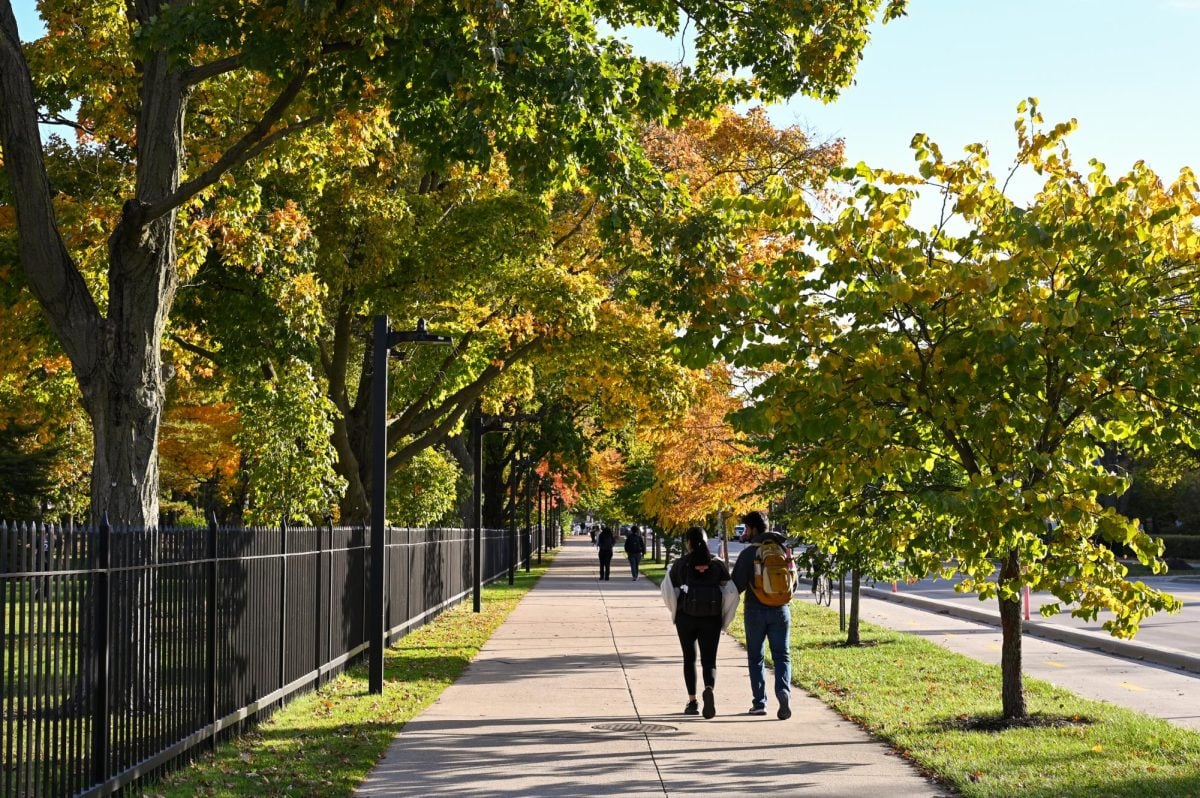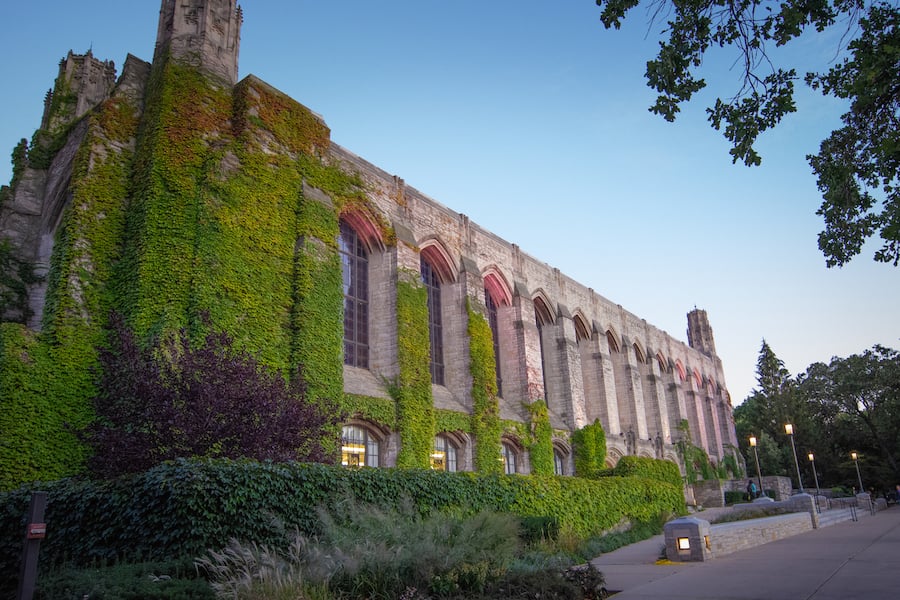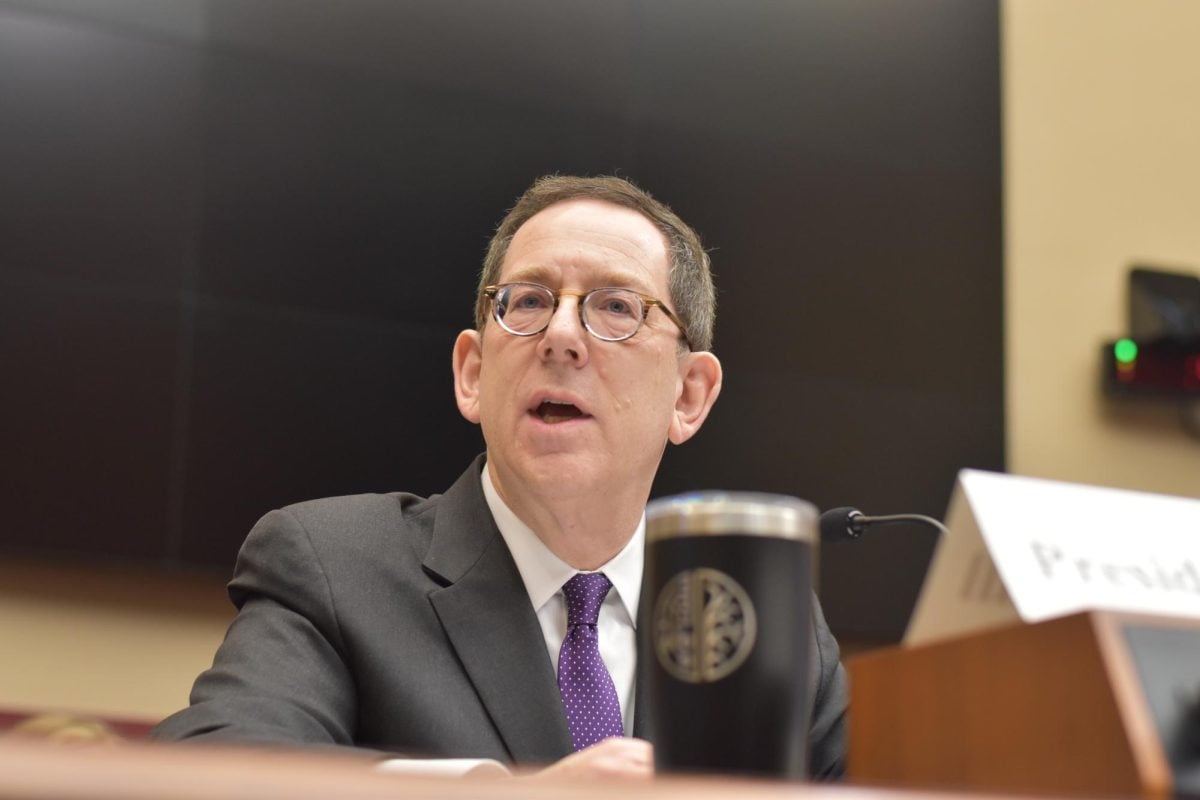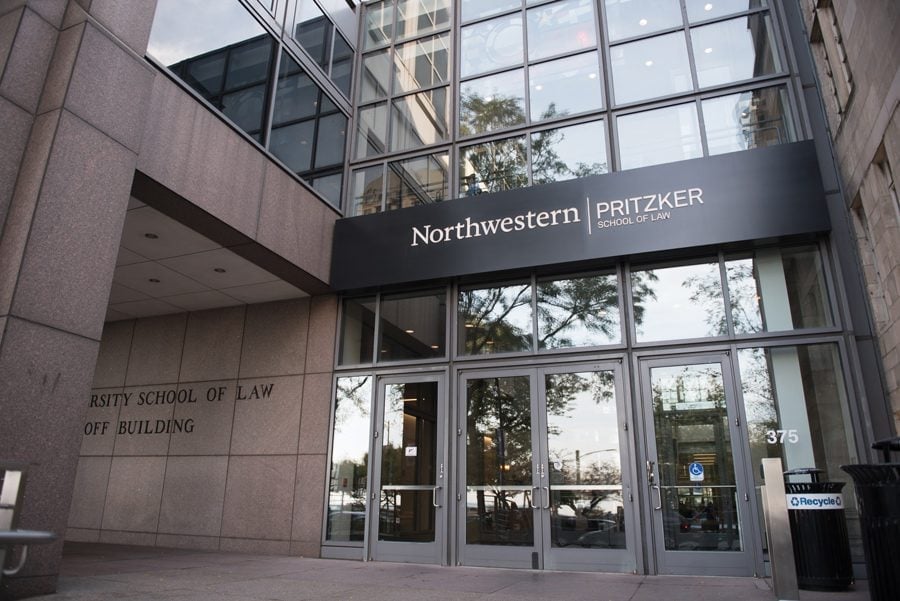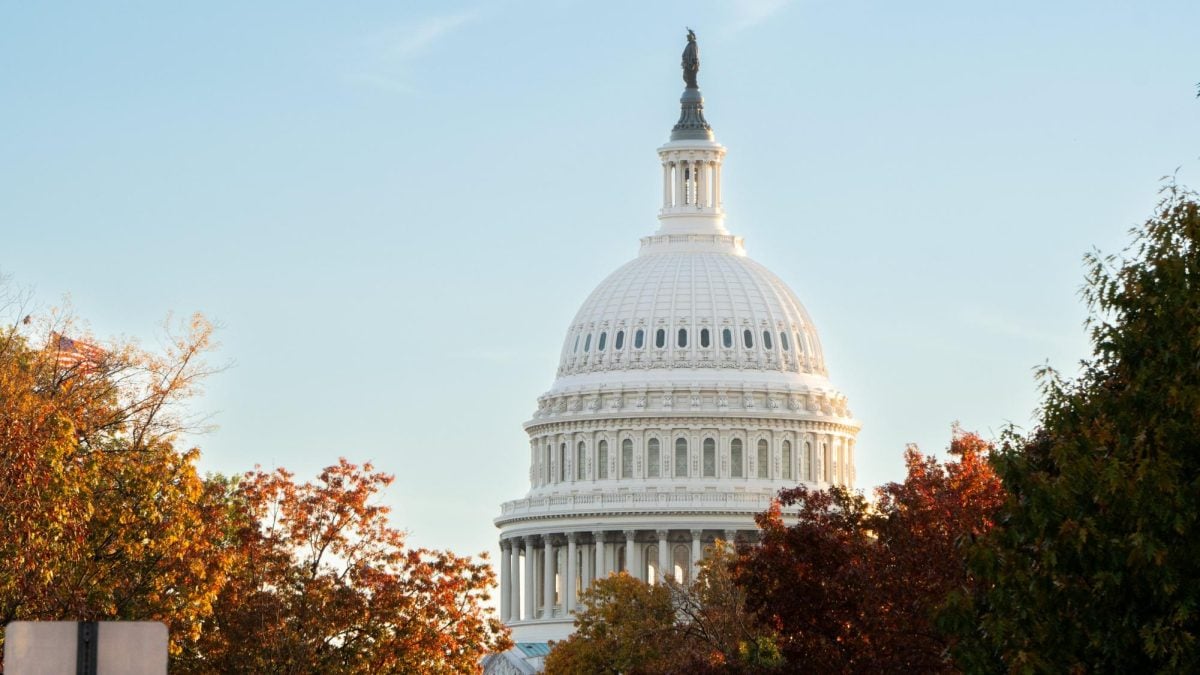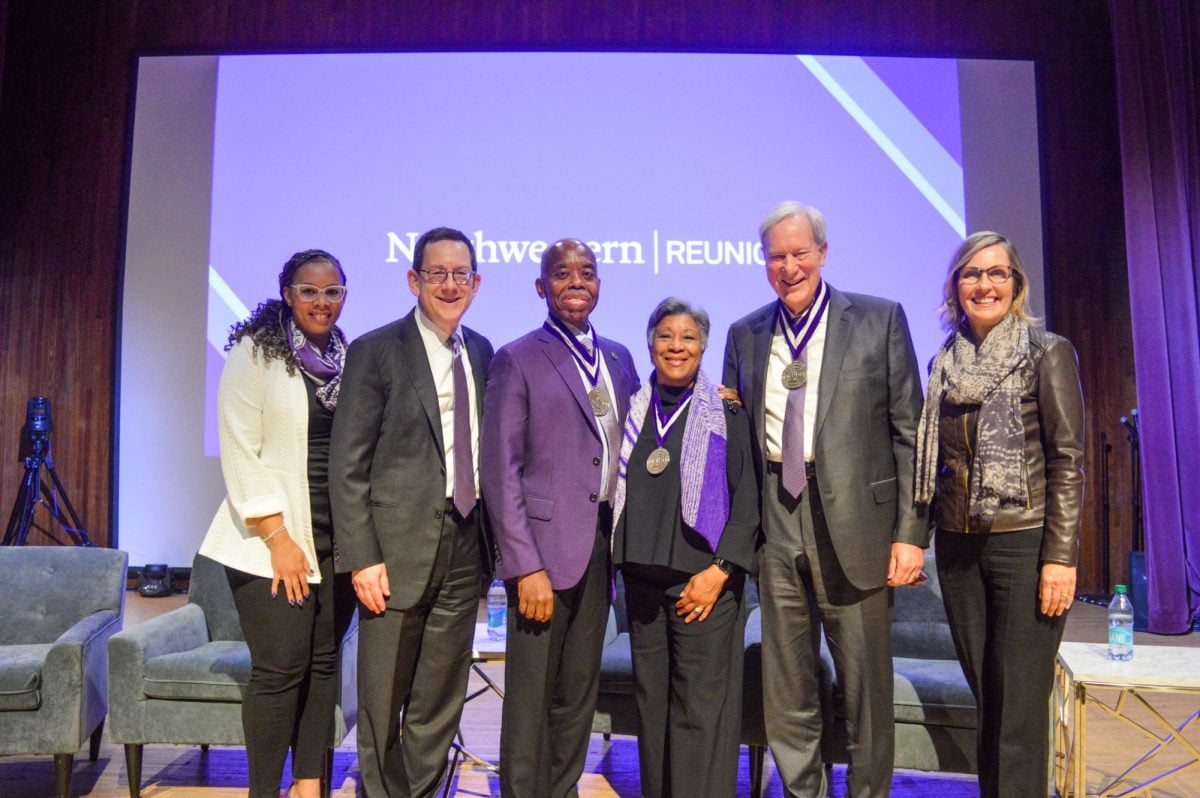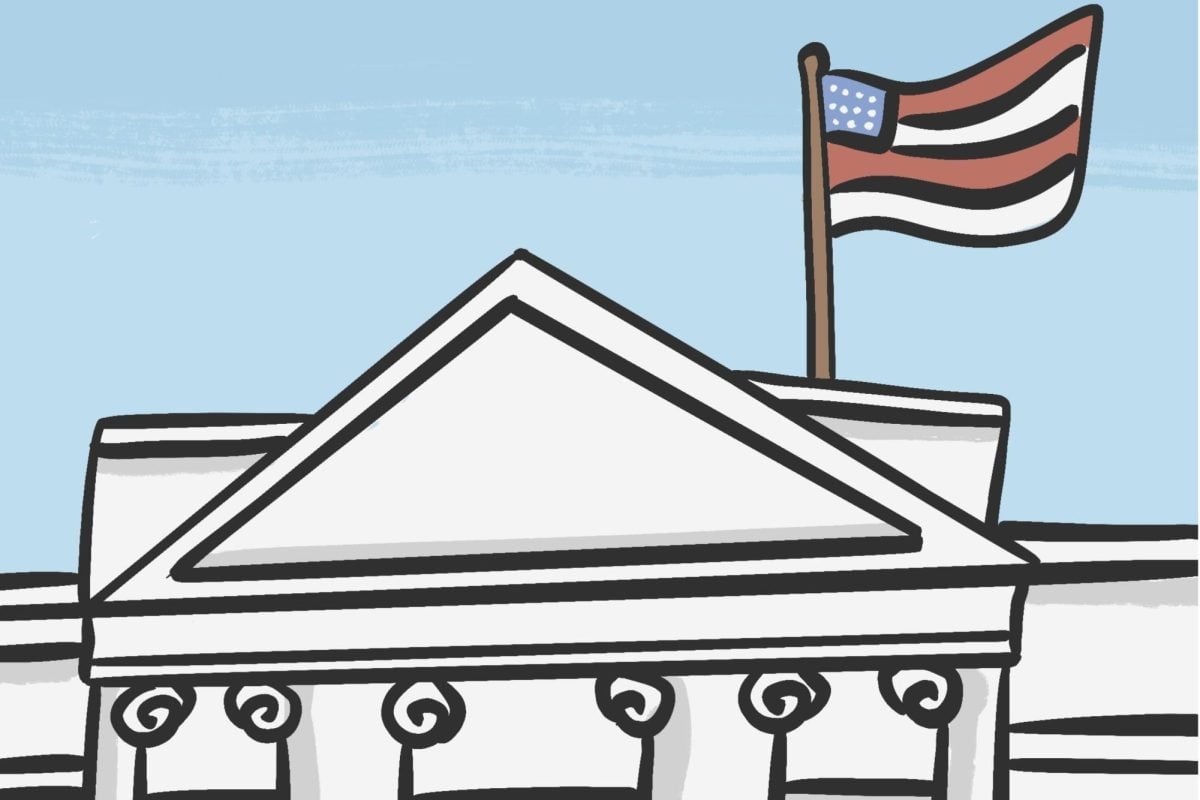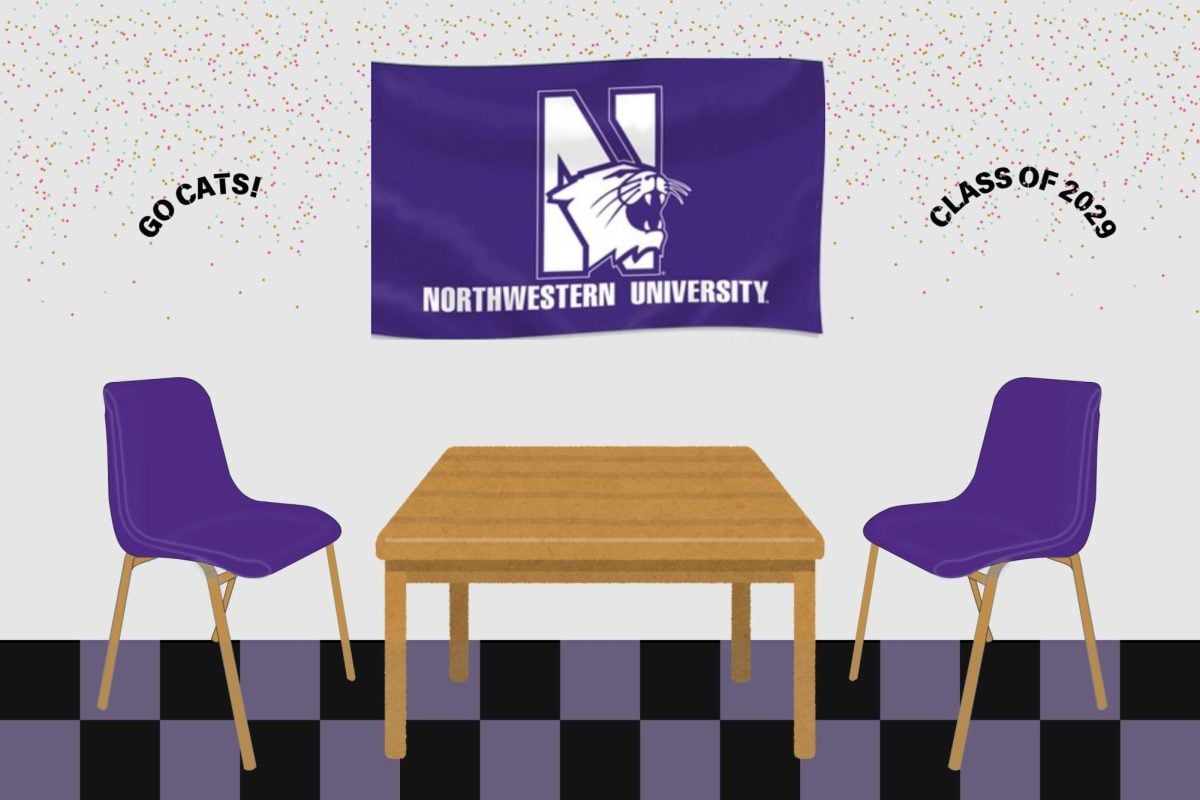In the wake of Arab Spring uprisings and other potentially dangerous international events, the Northwestern Study Abroad Office appointed Julie Friend to the newly-created position of associate director for international safety and security earlier this month.
Friend, who will chair the Security and Risk Assessment Committee, helped NU officials create her new position while working at Michigan State University. Her appointment is part of a larger nationwide trend, with study abroad offices hiring risk assessment specialists in the wake of the Arab Spring uprisings, Friend said.
“Up until this summer, there were six full-time positions like this in the country,” Friend said. “But partially because of the Arab Spring and partially because administrative processes tend to be very slow, six new positions were created this year.”
The appointment comes as interest in study abroad programs grows across the country. According to 2009-2010 statistics by the Institute of International Education, 53 percent of college campuses reported an increase in the number of study abroad applications compared to the previous year. However, according to recent statistics from the NU Study Abroad Office, applications from NU students have remained relatively constant over the past four years.
In addition to focusing full-time on issues of international security for NU students, Friend will create a protocol for SRAC, put selected programs through a review process to predict and mitigate any potential risks traveling students could face.
Friend said her new protocol will take multiple risk factors into account when deciding whether a region is secure and academically beneficial for a traveling student.
“You want to hone in your efforts on what I would call locations of heightened risk,” Friend said. “We don’t need to put a new program to Germany under the same level of review as we would for a program to Guatemala.”
The Study Abroad Office formed SRAC roughly four years ago after two potential abroad programs in Uganda were cited as being possibly dangerous to NU students, prompting a general discussion about increasing student safety in foreign countries.
“After seeing that report, my concern was that we ought to at least discuss what we could do to help keep students safe,” said Bill Anthony, director of the NU Study Abroad Office. “Out of that conversation grew the reality that we would need to have a committee that would evaluate any risks that students faced.”
After founding the committee, officials in the Study Abroad Office began working on what eventually became Friend’s position, consulting with officials both inside and outside the University. However, while they did not originally inspire the position’s creation, the events of the past year expedited Friend’s appointment, said Alicia Stanley, associate director in the Study Abroad Office.
“When that committee was created a few years ago, one of the priorities was bringing someone on board, even prior to the Arab Spring,” Stanley said. “The incidents in Egypt and everywhere else helped everyone realize the importance of pushing those positions through.”
NU had a number of students studying abroad in the Middle East both before and during the Arab Spring. Friend highlighted the safety difficulties that often accompany such events, saying that students could possibly want to experience or, in some cases, report on the uprisings as opposed to remaining safely indoors.
Medill senior Blake Sobczak, who studied in Egypt during the days leading up to the revolution that ousted President Hosni Mubarak, said he understands this concern.
“I would have wanted to continue living in Cairo through the revolution,” Sobczak said. “Just to be there would have been a fascinating experience. But if you’re going to go there as part of a study abroad program through NU, you have to take into account the administration’s rules and your own safety.”
Friend said she is hopeful that her new position will put worried parents at ease.
“I hope we’ll be able to create more functionality out of my position,” Friend said. “Even when you have a system like this set up, you have to market the resource to people and that takes a long time. It’s a culture change.”
